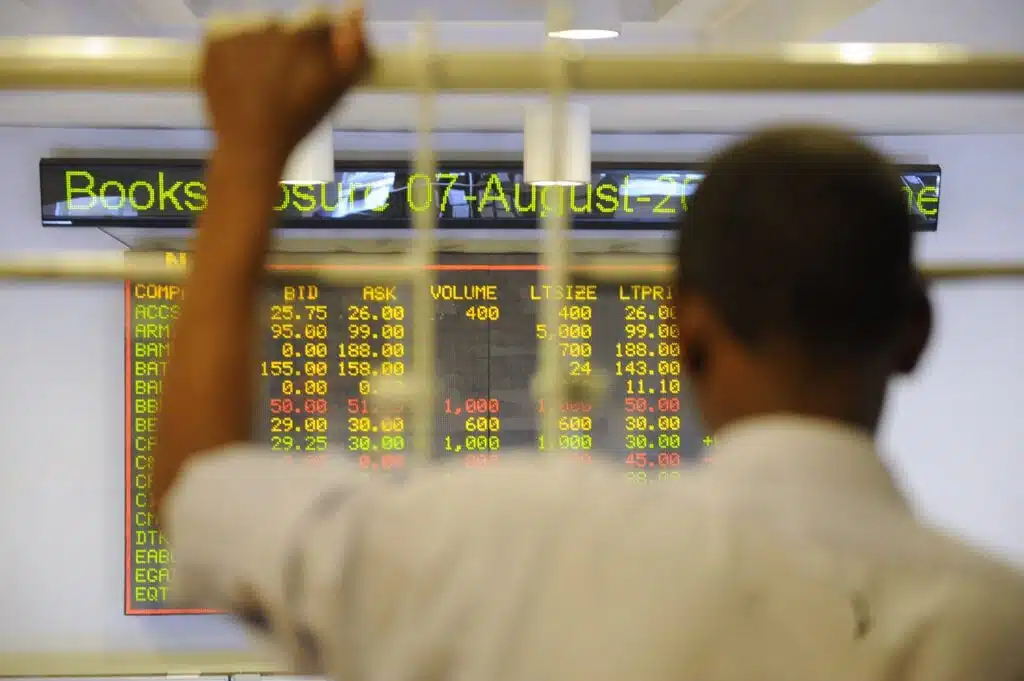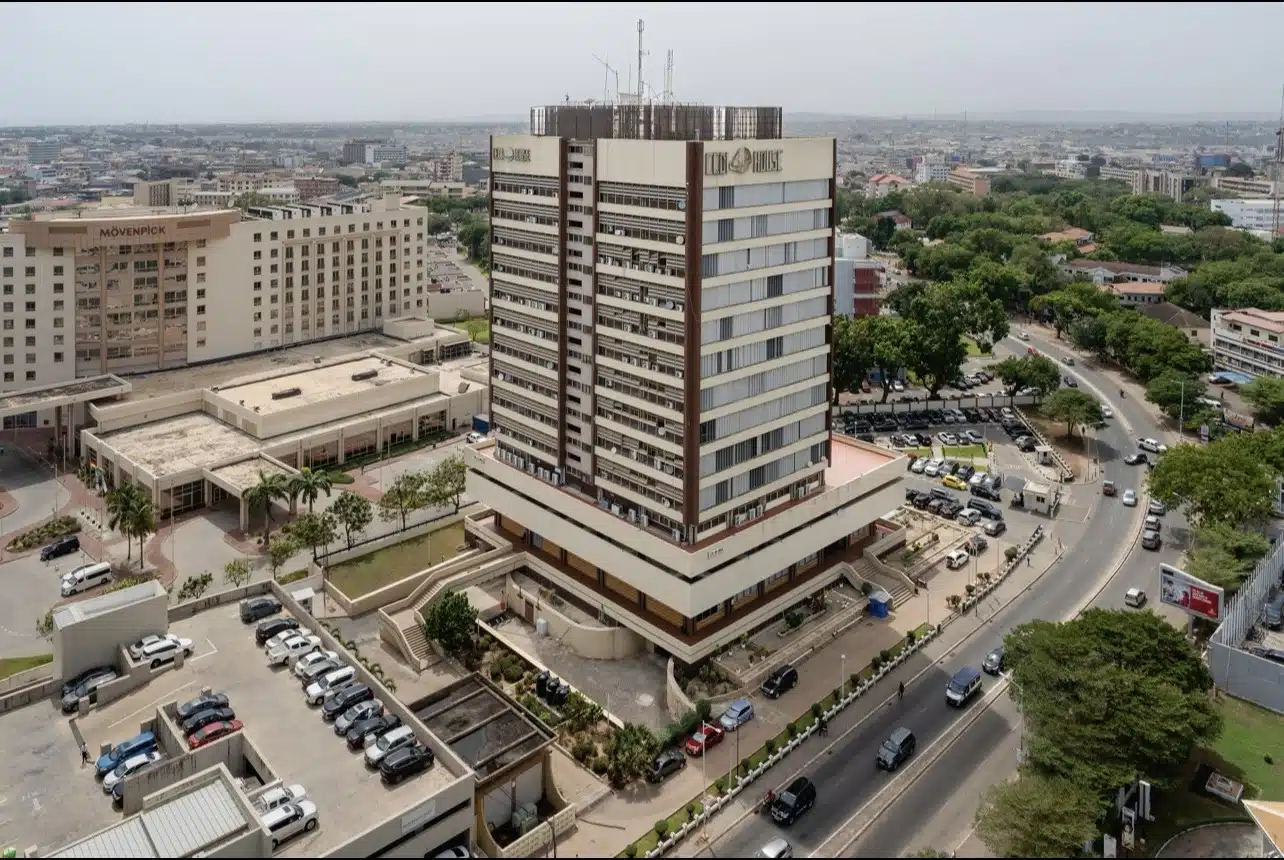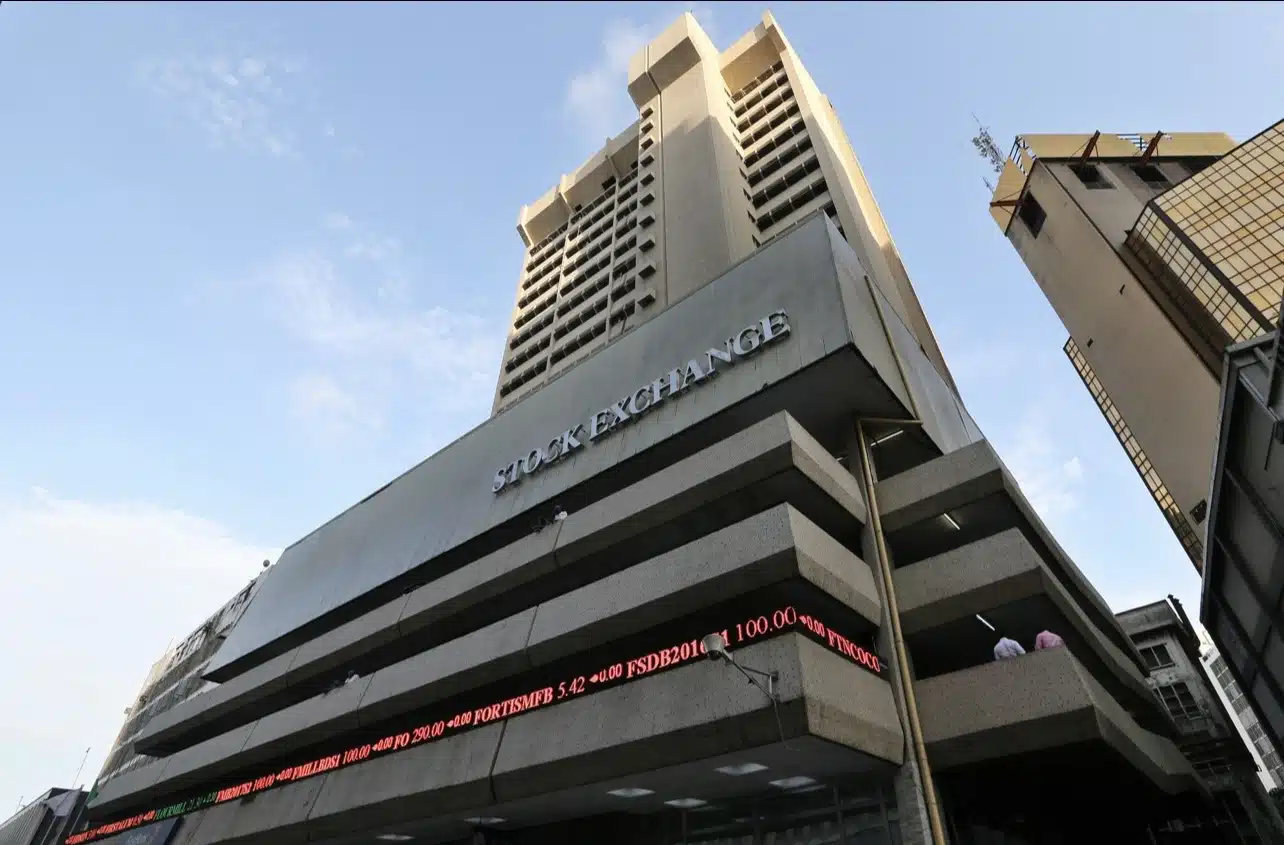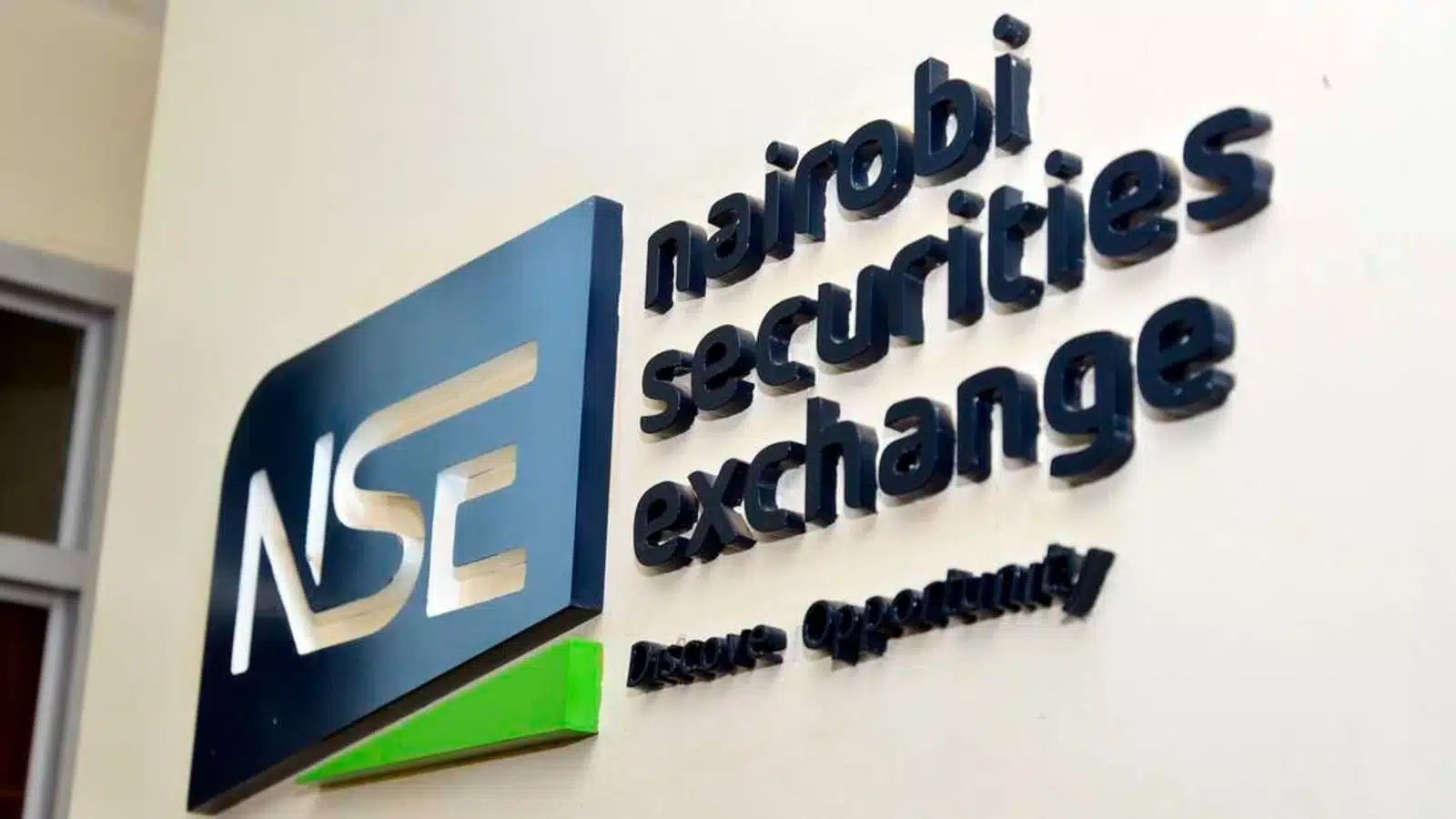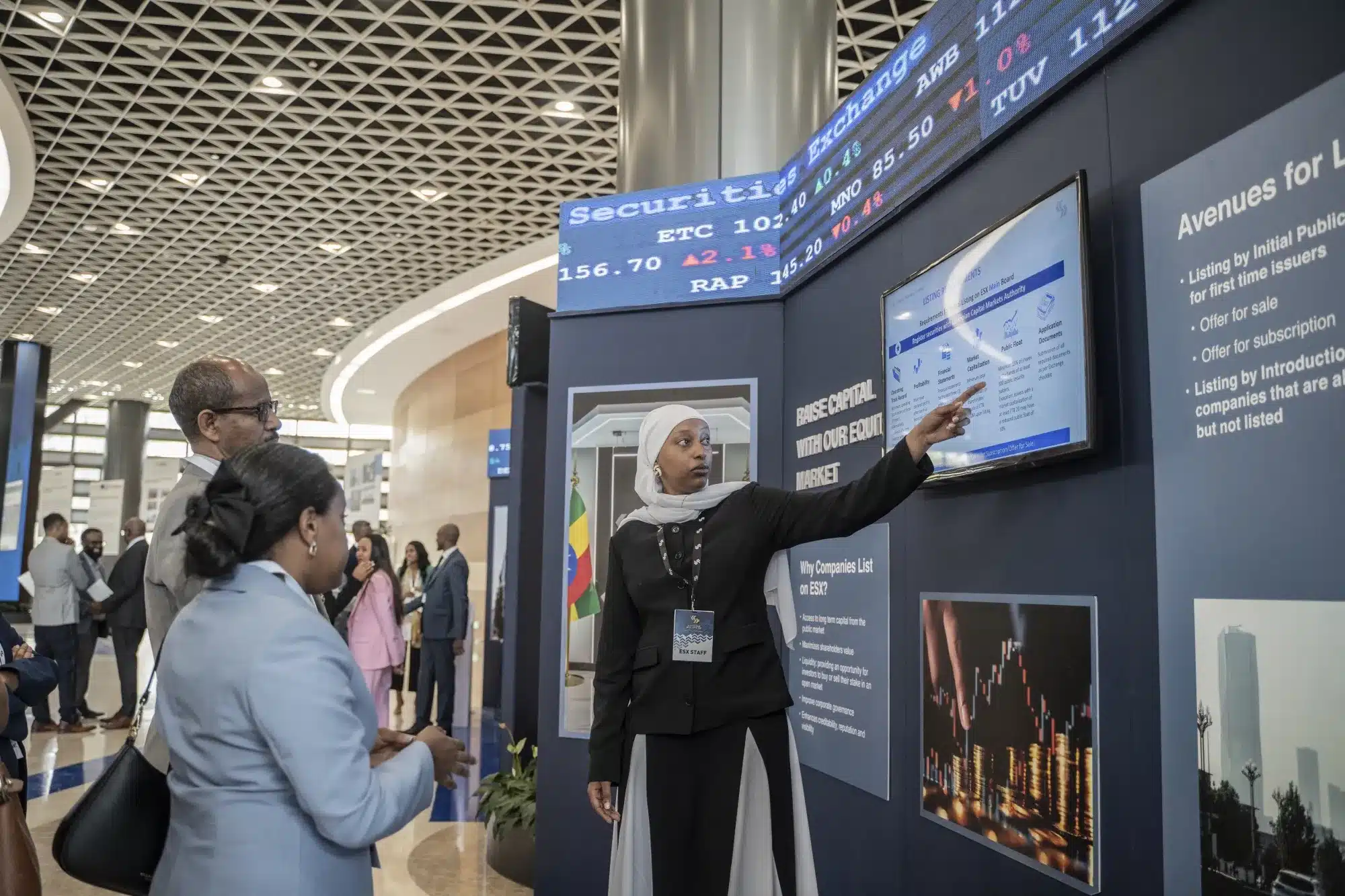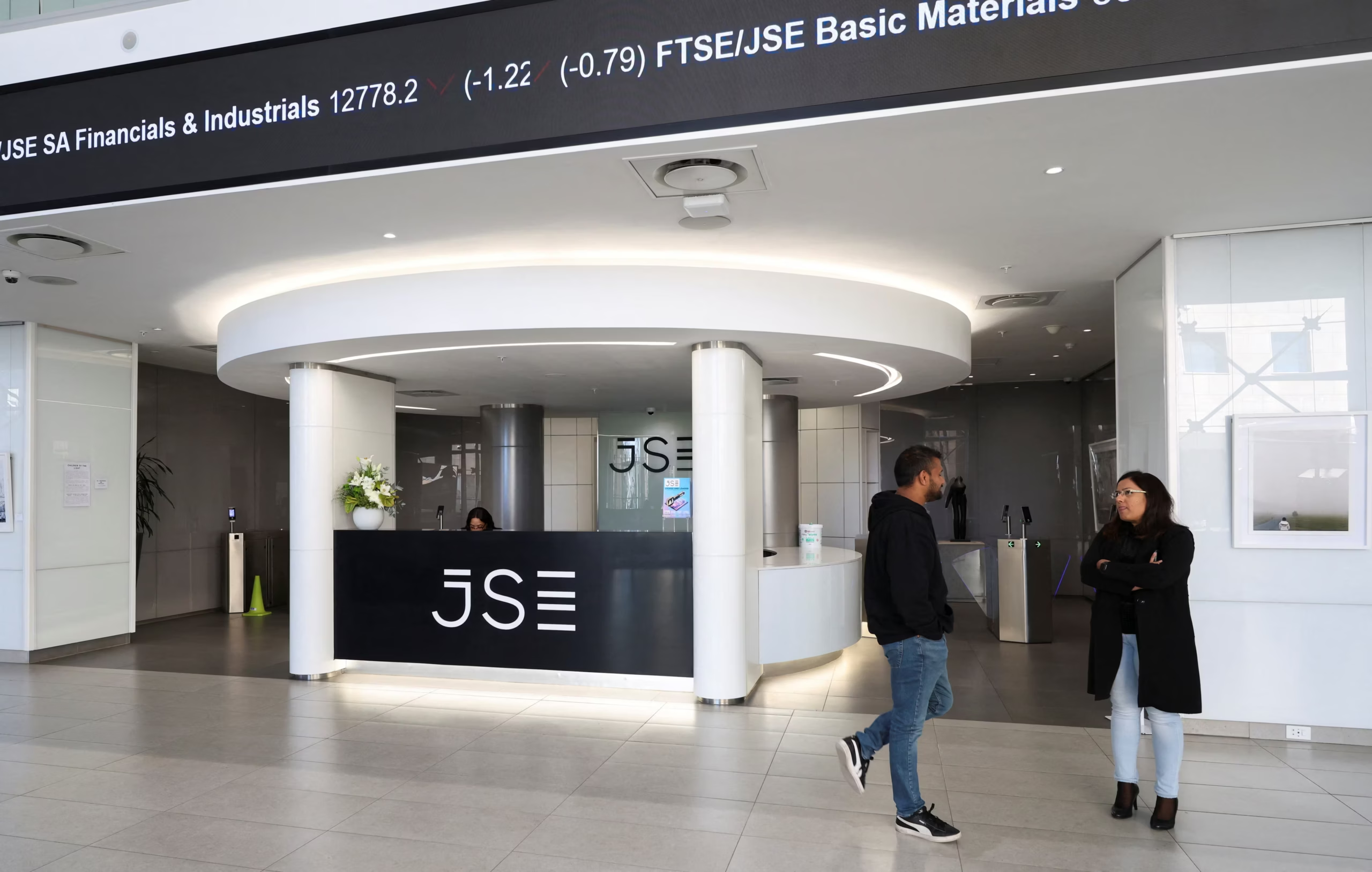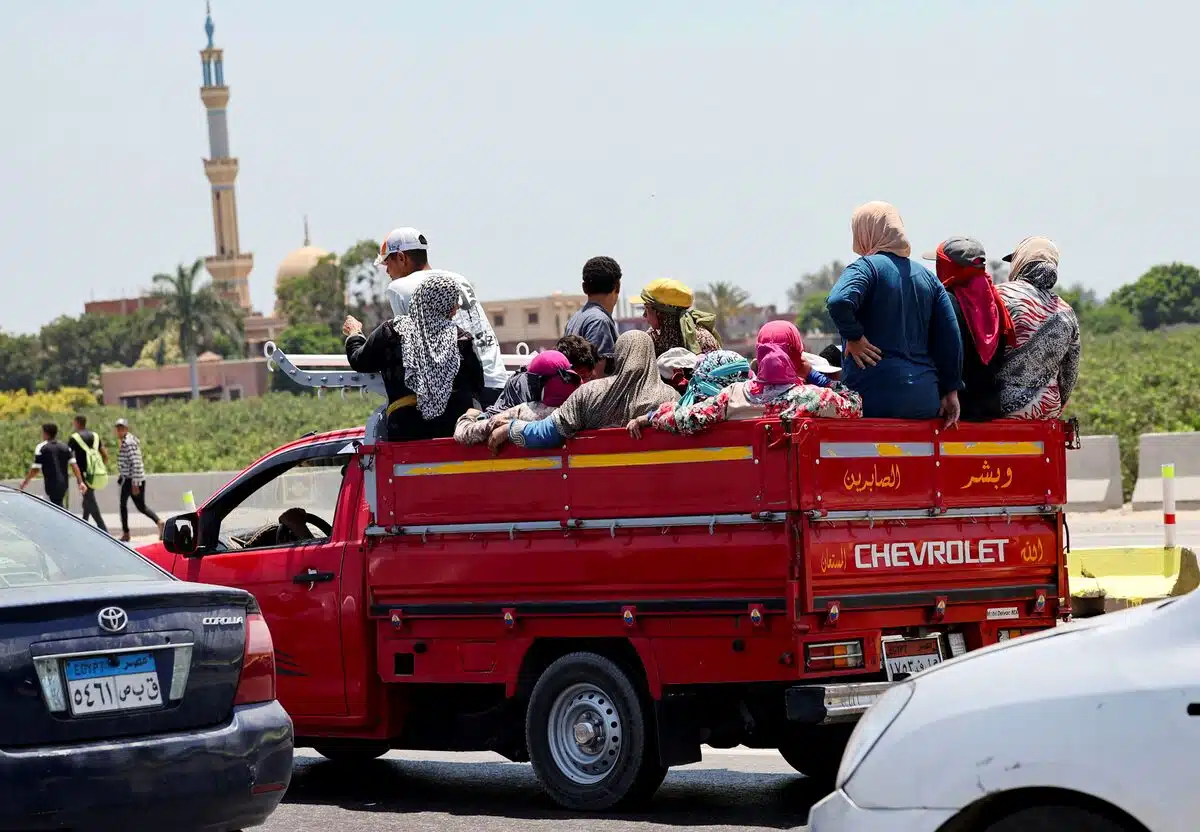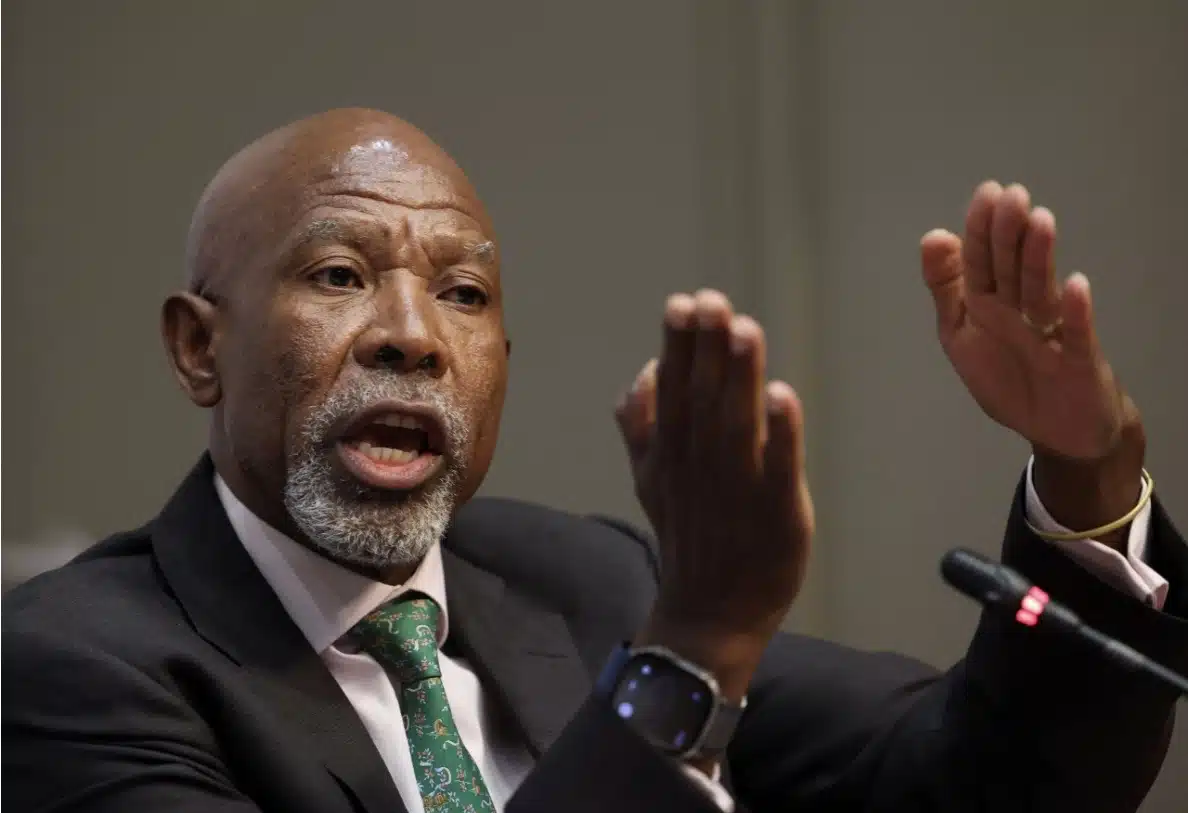African stock markets regained momentum in the third quarter of 2025, with Nigeria, Kenya, and Morocco among the strongest performers as investor confidence improved and currency conditions stabilised.
The latest market capitalisation data from Kenya’s Capital Markets Authority (CMA) shows that out of nine exchanges, six recorded double-digit gains over the quarter, although persistent reporting gaps in others continue to obscure a full view of the continent’s investment landscape.
The analysis draws on CMA’s quarterly market-capitalisation data for selected African bourses. Although market capitalisation is influenced by currency movements, new listings, delistings, and changes in share prices, it remains a widely used indicator of market performance and investor sentiment.
Finance in Africa compared average monthly market capitalisation figures for Q2 and Q3 2025. The findings highlight which markets led the rebound, which remained broadly stable, and where data transparency challenges persist.
Top performing markets
Nigeria (+25.83%): Strongest rebound on the continent
The Nigerian Exchange Limited (NGX) posted the strongest growth, with market capitalisation rising 25.83% from $60.1 billion in Q2 to $75.7 billion in Q3.
The rally was supported by improved foreign participation, a relatively stable naira, and renewed buying interest in banking and oil-linked stocks. Investor optimism around ongoing banking and monetary reforms also contributed to the positive sentiment.
Kenya (+23.39%): Confidence returns to the NSE
The Nairobi Securities Exchange (NSE) followed with a 23.39% increase in market capitalisation, rising from $16.8 billion to $20.7 billion. The market recorded its strongest trading quarter in four years, with the NSE 20 Share Index climbing 21.8% quarter-on-quarter.
Increased turnover and rising institutional participation were key drivers of the rebound. But in September, foreign participation in total equity turnover fell to 15-year low of 28.01% from 31.28% in August.
Morocco (+11.93%): Stability supports sustained growth
The Bourse de Casablanca recorded an 11.93% increase, from $101.3 billion in Q2 to $113.4 billion in Q3. Morocco continues to benefit from strong domestic liquidity, stable macroeconomic policy, and increased institutional investment, particularly in financials and industrials.
Its close trade and investment ties with Europe also supported market stability.
Egypt (+11.6%): Resilience amid macro pressures
The Egyptian Exchange (EGX) rose from $46.0 billion to $51.4 billion, up 11.6% quarter-on-quarter. Despite inflation and currency challenges, investor sentiment improved following IMF-backed reforms and stronger participation from both foreign and domestic investors. Banking and real estate stocks were among the top gainers.
Rwanda (+10.49%): Small market, steady progress
The Rwanda Stock Exchange (RSE) increased from $2.71 billion to about $3.0 billion. While small in size, the RSE continues to demonstrate consistent growth supported by stable corporate earnings and a strong regulatory environment.
Ghana (+10.46%): Gradual recovery takes hold
The Ghana Stock Exchange (GSE) rose from $12.0 billion to $13.2 billion. The rebound reflects the gradual return of investor confidence following the country’s debt restructuring, with local pension funds and institutional investors driving renewed activity.
Last month, the Bank of Ghana urged more banks to list on the Exchange as part of a broader effort to deepen the country’s financial markets and attract long-term investment.
South Africa (+9.61%): Stability in scale
The Johannesburg Stock Exchange (JSE), Africa’s largest and most liquid market, grew from $1.11 trillion to $1.216 trillion, an increase of 9.61%. While the percentage gain was more modest than in West and East Africa, the JSE remains the continent’s most influential capital market anchor.
Seychelles (+5.44%) and Mauritius (+0.73%)
The MERJ Exchange in Seychelles gained 5.44% as it continues to expand its niche in digital and tokenised securities. The Stock Exchange of Mauritius posted slower growth at 0.73%, reflecting a mature market with limited new listings but continued stability.
| African Stock Exchanges with highest growth performance in Q2 and Q3 2025 | ||||
| Exchange | Country | Q2 Avg ($’m) | Q3 Avg ($’m) | % Change |
| Nigerian Exchange Limited | Nigeria | 60,143.7 | 75,677.0 | 25.83% |
| Nairobi Securities Exchange | Kenya | 16,786.3 | 20,712.0 | 23.39% |
| Bourse de Casablanca | Morocco | 101,302 | 113,387 | 11.93% |
| Egyptian Exchange | Egypt | 46,032.3 | 51,352.0 | 11.56% |
| Rwanda Stock Exchange | Rwanda | 2,710.7 | 2,995.0 | 10.49% |
| Ghana Stock Exchange | Ghana | 11,983.7 | 13,237.0 | 10.46% |
| Johannesburg Stock Exchange | South Africa | 1,110,205.3 | 1,216,942.7 | 9.61% |
| MERJ Exchange Limited | Seychelles | 790.30 | 833.30 | 5.44% |
| Stock Exchange of Mauritius | Mauritius | 9,164.00 | 9,231.30 | 0.73% |
Markets with incomplete data
Several markets reported incomplete or missing data for Q2 or Q3, including Botswana, Angola (BODIVA), Zambia (Lusaka Securities Exchange), Namibia, and Tanzania (Dar es Salaam Stock Exchange).
The BRVM, which serves eight West African countries, released only Q3 data, while Tunisia’s exchange published only Q2 figures. These gaps underscore ongoing challenges with disclosure and coordinated market reporting across the continent.
| African Stock Exchanges with missing or incomplete data | ||||
| Exchange | Country | Q2 2025 Avg (USD m) | Q3 2025 Avg (USD m) | % Change |
| Botswana Stock Exchange | Botswana | Unavailable | Unavailable | |
| Angolan Securities Exchange (BODIVA) | Angola | Unavailable | Unavailable | |
| Bourse Régionale des Valeurs Mobilières (BRVM) | BENIN | Unavailable | 21,768.70 | |
| BURKINA FASO | ||||
| COTE D’IVOIRE | ||||
| GUINEA-BISSAU | ||||
| MALI | ||||
| NIGER | ||||
| SENEGAL | ||||
| TOGO | ||||
| Dar Es Salaam Stock Exchange | Tanzania | Incomplete | Unavailable | |
| Lusaka Securities Exchange | Zambia | Unavailable | Incomplete | |
| Namibian Stock Exchange | Namibia | Incomplete | 2,896 | |
| Tunis Stock Exchange | Tunisia | 10,037.30 | Incomplete | |
Outlook
The mixed performance across Africa’s stock exchanges in Q3 reflects an uneven but improving capital market landscape.
Reform-led markets such as Nigeria and Kenya are benefiting from renewed investor participation, while Morocco and Egypt continue to offer stability amid external headwinds. Smaller markets like Rwanda and Ghana are emerging as quite outperformers.
However, inconsistent data reporting remains a barrier to full transparency and comparability across the region.
Closing these gaps will be critical as African exchanges continue deepening integration, attracting foreign capital, and positioning themselves for the next phase of market growth.

